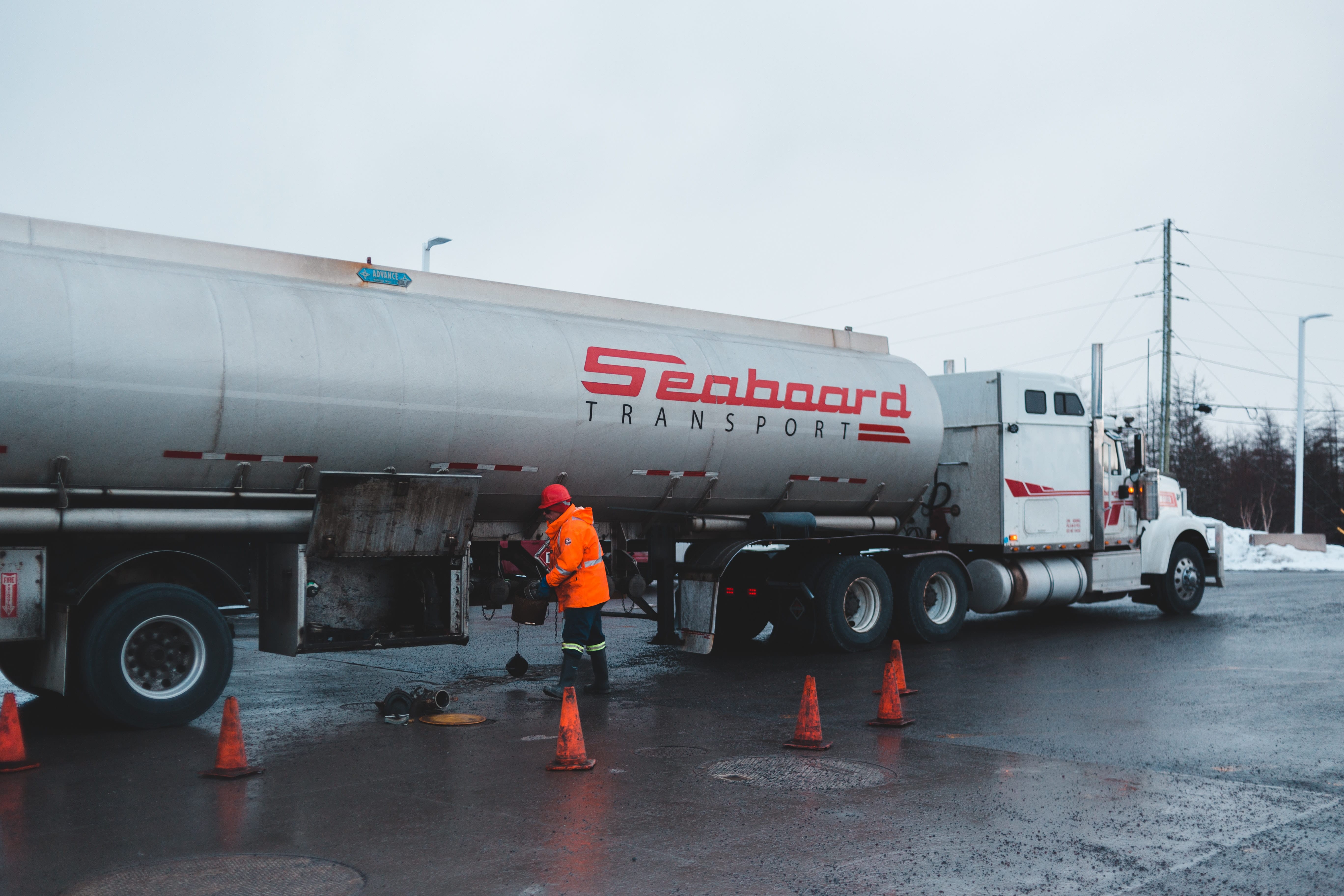
Tankers and trailers are two essential components of the transportation industry. While they may look similar, they serve different purposes and have distinct characteristics that make them suitable for specific applications.
So, what are tankers and trailers, and how do you choose the right option for your business? Here's what you need to know:
Tankers:
Tankers are vehicles designed to transport liquid or gas cargo, such as fuel, chemicals, or food-grade products. They come in various sizes, from small tankers used for local deliveries to large tankers used for international transport.
One of the primary advantages of tankers is their ability to transport large quantities of cargo in a single trip. They are also designed with safety features to prevent leaks and spills, making them ideal for transporting hazardous materials.
However, tankers can be more expensive to operate than trailers, as they require specialized equipment for loading and unloading and may be subject to strict regulations depending on the type of cargo being transported.
Trailers:
Trailers, on the other hand, are vehicles designed to transport solid or dry cargo, such as construction materials, furniture, or electronics. They come in various sizes and configurations, including flatbed, enclosed, and refrigerated trailers.
One of the primary advantages of trailers is their versatility. They can be used to transport a wide range of cargo and can be easily loaded and unloaded using standard equipment, such as forklifts or cranes.
However, trailers may not be suitable for transporting certain types of cargo, such as liquids or gases, which require specialized equipment and safety measures.
Choosing the Right Option for Your Business:
When choosing between a tanker and a trailer, it's essential to consider your specific transportation needs. If you need to transport liquids or gases, a tanker may be the better option. However, if you need to transport solid or dry cargo, a trailer may be more suitable.
Other factors to consider include the distance of the transport, the type of cargo being transported, and any regulations or safety requirements that apply to your business.
In conclusion, understanding the differences between tankers and trailers is crucial for choosing the right option for your business. By taking the time to evaluate your needs and considering the pros and cons of each option, you can make an informed decision that meets your transportation needs and helps your business thrive.